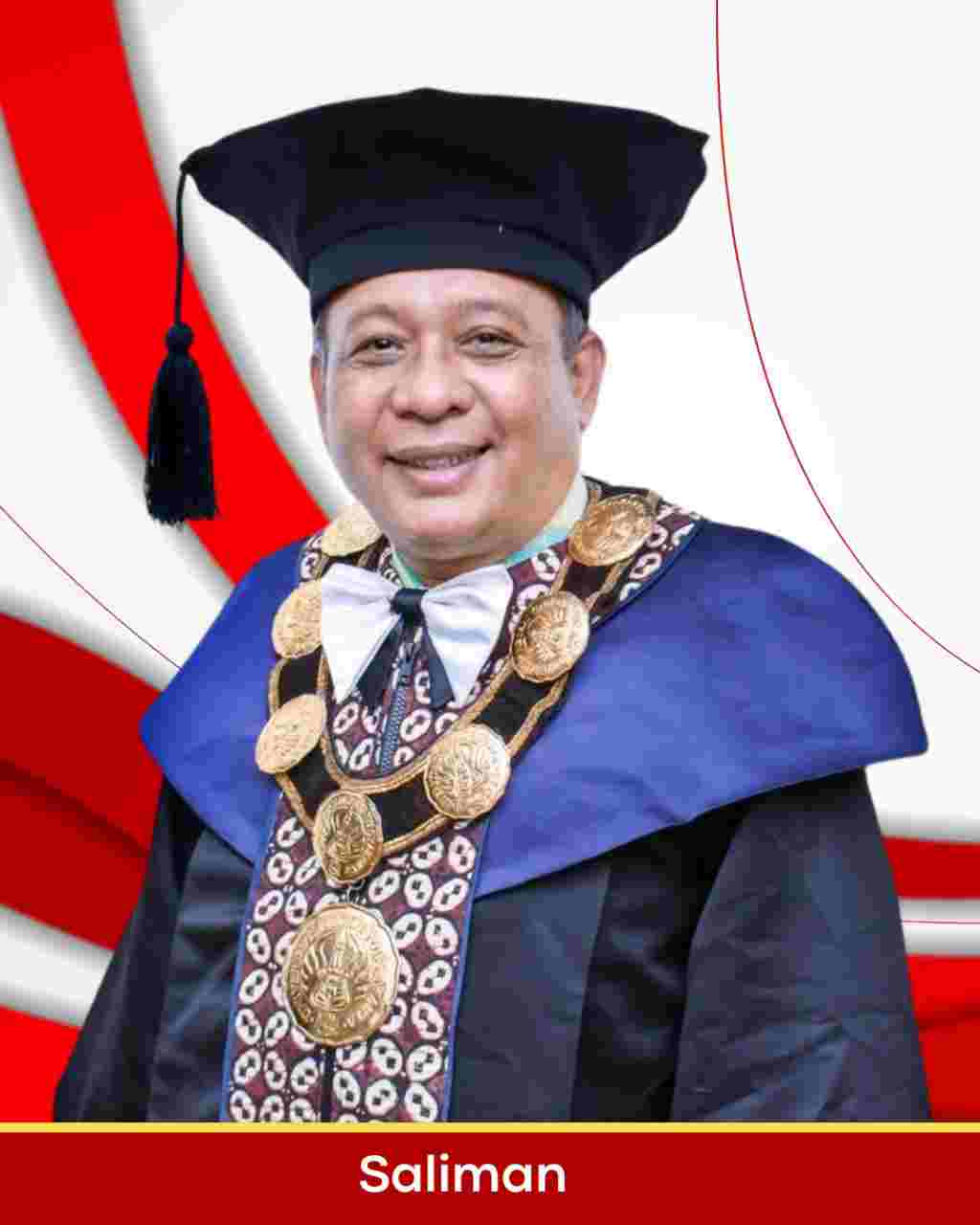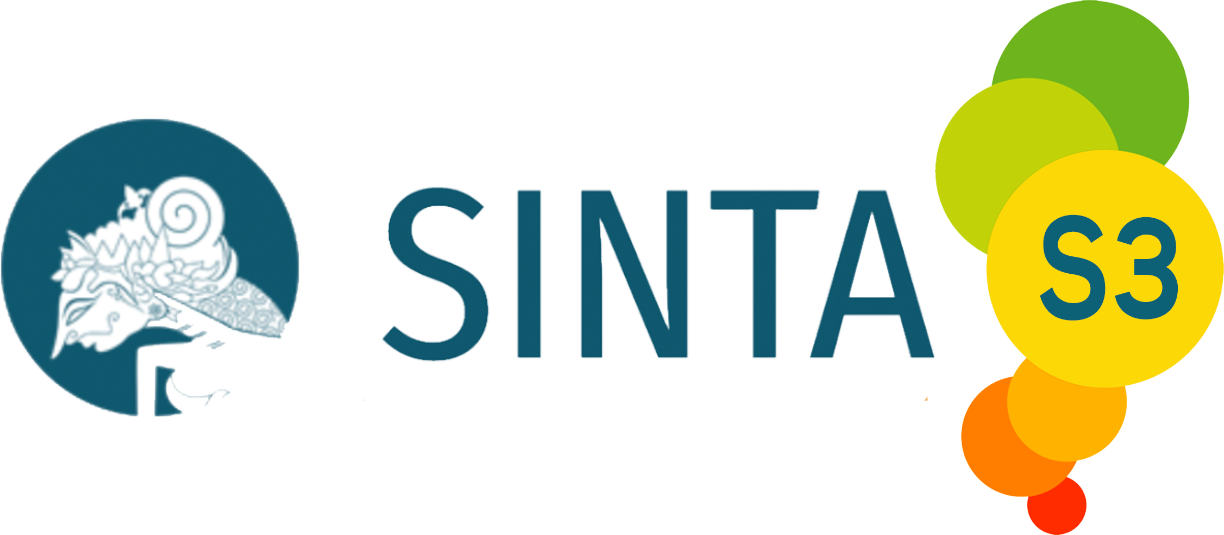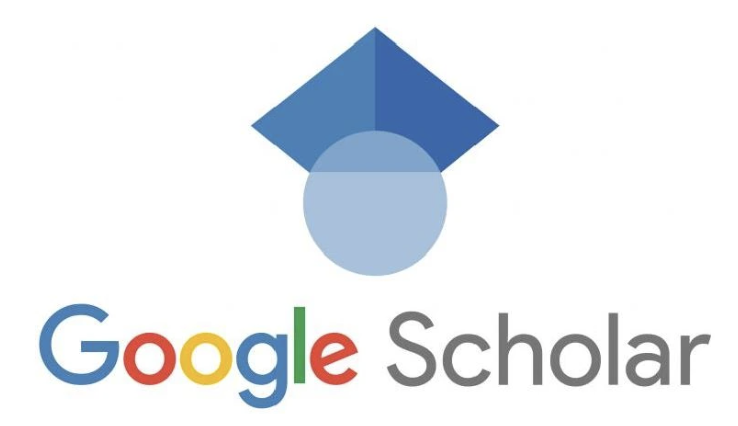The Social Construction of the Use of Artificial Intelligence (AI) in Learning and Character Formation
DOI:
https://doi.org/10.21831/jipsindo.v12i2.89299Keywords:
Artificial intelligence (AI), Social Construction, Social Care CharacterAbstract
This research examines the social construction process of Artificial Intelligence (AI) usage and its contribution to character formation at SMAN 4 Makassar, responding to the duality this technology presents in education: its potential for personalized learning versus its risk to human interaction. Using a qualitative method with a phenomenological approach, this study dissects the essence of the subjective experiences of teachers, students, and stakeholders. Data were collected through in-depth interviews, participant observation, and documentation studies, with the credibility of the findings ensured through source and method triangulation. The collected data were analyzed phenomenologically and interpreted using the theoretical framework of social construction by Berger and Luckmann.
The primary findings indicate that AI implementation is not merely a technical adoption but a complete social process that unfolds through three dialectical stages: externalization, where ideas are manifested through policies and infrastructure; objectivation, when AI is institutionalized into routine practices and concrete social structures; and internalization, where students accept AI as part of their subjective consciousness and academic identity. Furthermore, this research reveals the dual role of AI, not only as a learning instrument but also as an effective mediator in character formation that instills values of responsibility, integrity, and discipline. The main contribution of this study is a deep understanding of how technology integrates into the school's social system, while also highlighting that the success of this process fundamentally depends on the crucial role of teachers as facilitators who align technological potential with humanistic values.
References
Alqadri, M. N. (2025). Pelajar SMA 4 Makassar gunakan AI untuk tugas sekolah. Tribun-Timur.Com. https://makassar.tribunnews.com/2025/06/11/pelajar-sma-4-makassar-gunakan-ai-untuk-tugas-sekolah
Berger, P. L., & Luckmann, T. (1967). The Social Construction of Reality: A Treatise in the Sociology of Knowledge. Sociological Analysis, 28(1), 55. https://doi.org/10.2307/3710424
Fanani, Z., & Al Ahsani, N. (2025). Konstruksi Sosial Moderasi Beragama: Analisis Teori Konstruktivisme Berger dan Luckmann dalam Komunikasi Keagamaan Indonesia. Icon: Islamic Communication and Contemporary Media Studies, 4(1), 1–16. https://doi.org/10.35719/icon.v4i1.201
Fentyrina, A., & Mardi, M. (2025). Transformasi digital dalam manajemen pendidikan: Tantangan dan peluang di era pendidikan 5.0. Journal Scientific of Mandalika (JSM) e-ISSN 2745-5955| p-ISSN 2809-0543, 6(3), 494–501. https://doi.org/10.36312/10.36312/vol6iss3pp494-501
Jalil, A., & Hasanah, S. N. (2025). Dari Ritual ke Realitas Sosial: Dekonstruksi Makna Tradisi Pak Punjen dalam Pernikahan Masyarakat Karangwotan Pati melalui Lensa Teori Sosial Berger & Luckmann. Al Maqashidi: Jurnal Hukum Islam Nusantara, 8(1), 37–52. https://doi.org/10.32665/almaqashidi.v8i1.4537
Maola, P. S., Karai Handak, I. S., & Herlambang, Y. T. (2024). Penerapan artificial intelligence dalam pendidikan di era revolusi industri 4.0. Educatio, 19(1), 61–72. http://dx.doi.org/10.29408/edc.v19i1.24772
Nugraheni, S., Marchela, D. P., Al Ghozali, S. K., Ahya, M. K., Junaedi, M., & Roesner, M. (2023). Konsep Fenomenologi Edmund Husserl dan Relevansinya dalam Konsep Pendidikan Islam. Akhlaqul Karimah: Jurnal Pendidikan Agama Islam, 2(2), 143–154. https://doi.org/10.58353/jak.v2i2.140
Nurhayati, N., Suliyem, M., Hanafi, I., & Susanto, T. T. D. (2024). Integrasi AI dalam collaborative learning untuk meningkatkan efektivitas pembelajaran. Academy of Education Journal, 15(1), 1063–1071. https://doi.org/10.47200/aoej.v15i1.2372
Parjana, C. (2025). Integrasi Kecerdasan Buatan dalam Pendidikan Karakter: Menjembatani Kesenjangan Digital untuk Generasi Z. Andragogia: Journal Education Science And Islamic Studies, 1(2), 52–60. https://doi.org/10.52496/andragogia.v1i2.650
Parn, L., Mariyanti, T., & Widyakto, A. (2025). Optimalisasi e-learning dengan ai adaptif untuk pendidikan inklusif: Optimization of e-learning with adaptive ai for inclusive education. Jurnal MENTARI: Manajemen, Pendidikan Dan Teknologi Informasi, 3(2), 168–176. https://doi.org/10.33050/mentari.v3i2.768
Putri Supriadi, S. R. R., Haedi, S. U., & Chusni, M. M. (2022). Inovasi pembelajaran berbasis teknologi Artificial Intelligence dalam Pendidikan di era industry 4.0 dan society 5.0. Jurnal Penelitian Sains Dan Pendidikan (JPSP), 2(2), 192–198. https://doi.org/10.23971/jpsp.v2i2.4036
Putri, Y. K., Muhammad, R. R., Nirwana, F., & Azzahra, A. (2025). Analisis Efektivitas Artificial Intelligence (AI) Terhadap Pembelajaran Matematika Mahasiswa. Indiktika: Jurnal Inovasi Pendidikan Matematika, 7(2), 466–476. https://doi.org/10.31851/indiktika.v7i2.17469
Sofa, A. R., Firdausiyah, J., Putri, I. D. I. S., Romli, M., Bukhori, M. I., & Syamsuddin, S. (2025). Pengembangan Penilaian Pembelajaran PAI Berbasis Learning Analyties, IBM Watson Education, Adaptive Learning AI:: Motivasi dan Konsekuensi di MTs Mambaul Hikam. Indonesian Research Journal on Education, 5(2), 720–727. https://doi.org/10.31004/irje.v5i2.2279
Syahputra, F., Sabrina, E., Barus, A. P., Sebayang, E. A., Harahap, I. G., Ramadhani, P., Rahman, R. M. F., & Isnaini, R. (2025). Evaluasi Efektivitas Ai Generatif Dalam Membantu Guru Menyusun Materi Pembelajaran Di Indonesia: Penelitian. Jurnal Pengabdian Masyarakat Dan Riset Pendidikan, 3(3), 265–272. https://doi.org/10.31004/jerkin.v3i3.381
Tampubolon, S., Harianja, E., & Pardosi, G. (2024). Mohon Maaf atas Disrupsi AI: Persepsi Mahasiswa Terhadap Kecerdasan Buatan Di Dunia Pendidikan dan Dunia Industri. Teaching and Learning Journal of Mandalika (Teacher) e-ISSN 2721-9666, 5(2), 500–508. https://doi.org/10.36312/teacher.v5i2.3629
Yanuarsari, R., Muchtar, H. S., & Muttaqi, N. I. N. (2025). Penerapan Artificial Intelligence dalam Manajemen Pendidikan Anak Usia Dini untuk Penguatan Karakter Kepemimpinan Transformasional. Jurnal Moral Kemasyarakatan, 10(2), 956–965. https://doi.org/10.21067/jmk.v10i2.11990
Downloads
Published
How to Cite
Issue
Section
Citation Check
License
Copyright (c) 2025 Shasliani Shasliani

This work is licensed under a Creative Commons Attribution-ShareAlike 4.0 International License.
Authors who publish with this journal agree to the following terms:
- Authors retain copyright and grant the journal right of first publication with the work simultaneously licensed under a Creative Commons Attribution License that allows others to share the work with an acknowledgement of the work's authorship and initial publication in this journal.
- Authors are able to enter into separate, additional contractual arrangements for the non-exclusive distribution of the journal's published version of the work (e.g., post it to an institutional repository or publish it in a book), with an acknowledgement of its initial publication in this journal.
- Authors are permitted and encouraged to post their work online (e.g., in institutional repositories or on their website) prior to and during the submission process, as it can lead to productive exchanges, as well as earlier and greater citation of published work (See The Effect of Open Access).

JIPSINDO (Jurnal Pendidikan Ilmu Pengetahuan Sosial Indonesia) is licensed under a Creative Commons Attribution-ShareAlike 4.0 International License.
Based on a work at https://journal.uny.ac.id/index.php/jipsindo.















